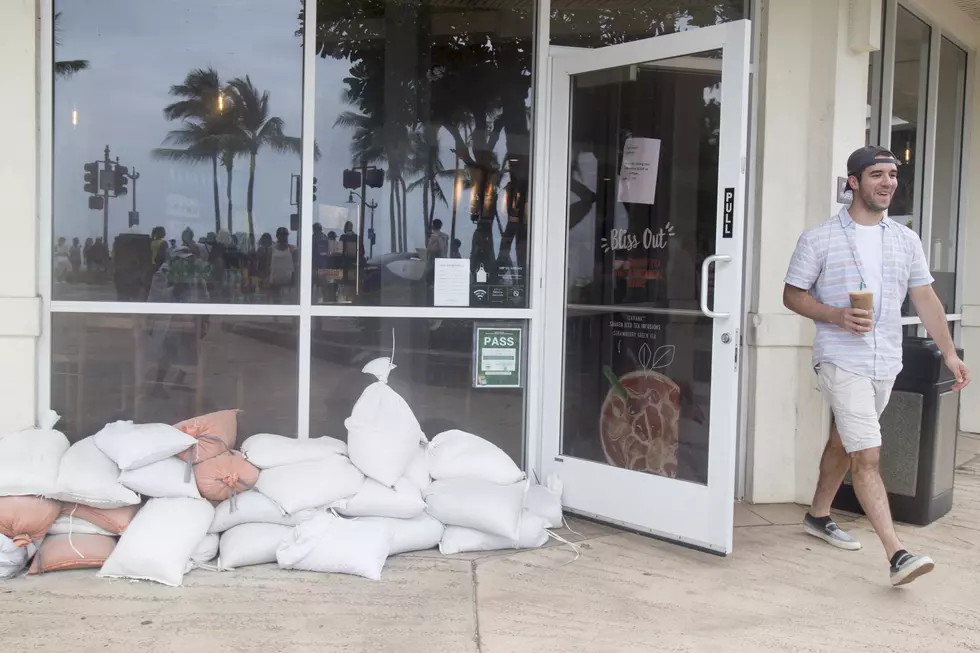
Here’s What Shoppers in Louisiana and Texas Need to Know About This Major Grocery Merger
LAFAYETTE, La. (KPEL News) - Could the merger of two major grocery store chains have an impact on your grocery bill? That's what they're saying, and it won't be a negative impact, either.
A long-awaited merger between Albertson's and Kroger could set up a drop in grocery prices across Louisiana and Texas, Kroger announced on Tuesday.
That merger, which has been a long time coming, has been going through several steps in order to meet federal approval - including the divestiture of stores across the country.
READ MORE: Major Grocery Store Chain Selling 26 Stores in Texas, 2 in Louisiana
The result of that merger, however, will benefit consumers, Kroger announced. In a statement released on Tuesday, the chain's CEO said that it would allow the company to "reinvest in even lower prices."
"We believe the way to be America's best grocer is to provide great value by consistently lowering prices and offering more choices," said chairman and CEO of Kroger Rodney McMullen. "When we do this, more customers shop with us and buy more groceries, which allows us to reinvest in even lower prices, a better shopping experience, and higher wages. We know this model works because we've been doing it successfully for many years, and this is exactly what this merger will bring customers – lower prices and more fresh, affordable choices."

Kroger is currently located in five cities in Louisiana, and 84 in Texas. Albertson's has 16 stores in Louisiana and 43 in Texas. Several stores across both states are going to be impacted in the divestiture plan put forward by Kroger.
Publicly available information indicates that 28 stores in Texas and two in Louisiana will be impacted. Texas, being Albertsons' second-largest state in terms of store count, with 44 locations, is set to close 26 stores. Louisiana will witness the closure of two Albertsons stores.
Those stores will be sold to C&S Wholesale Grocers.
According to the agreement, "To address the regulatory concerns, in September ’23, Kroger and Albertsons announced a large divestiture of 413 stores to C&S Wholesale Grocers. Most of the divested stores are located on the West Coast, while the companies have limited overlap in other areas (see below). As part of the divestiture agreement, the buyer has agreed to purchase an additional 237 stores if such sales are required by regulators."
Below is a map of what the merger would look like in terms of the number of stores each company has.
Kroger, which is buying Albertson's, stands to increase its footprint across the two states with the purchase, but the company says it isn't going to be hiking prices on customers, citing past business deals that have led to lower prices for consumers.
"Kroger invested more than $125 million to lower prices at Harris Teeter after its merger in 2014 and more than $100 million to lower prices at Roundy's after its merger in 2016," it said in its press release Tuesday. "Additionally, Kroger invested $2.5 million and $2.4 million in capital per Harris Teeter and Roundy's store, respectively, to enhance the customer experience in the three years following each merger."
As part of the current deal, Kroger says it will be investing $500 million in order to lower prices. The announcement comes amid worries about inflation and consumer prices.
You can see more of what grocery shopping currently costs in the U.S. below.
LOOK: Here's how much grocery shopping now costs in the U.S.
Gallery Credit: Mike Brant
More From News Talk 96.5 KPEL









